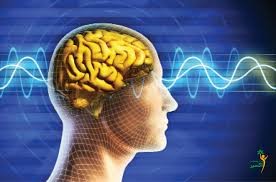During the day and night, we are either asleep or awake. From the perspective of a physiologist and psychologist, there are two types of sleep: conventional sleep (without non-REM rapid eye movements) and paradoxical sleep (with REM rapid eye movements)
The first stage of sleep, which lasts about 90 minutes, is conventional sleep, which includes drowsiness, light sleep, medium sleep, and deep sleep. In this stage, we recover the energy lost during waking hours, and it generally covers 75% of the total sleep time. After this stage, we enter into paradoxical sleep for 10 to 15 minutes, which generally covers 15% of the total sleep time.
This cycle of normal to paradoxical sleep to reawakening repeats many times during sleep.
In paradoxical sleep, the brain is clear and the speed of analyzing and processing information is very high. The benefit of this sleep is that it processes and filters the useless information obtained during the day.







